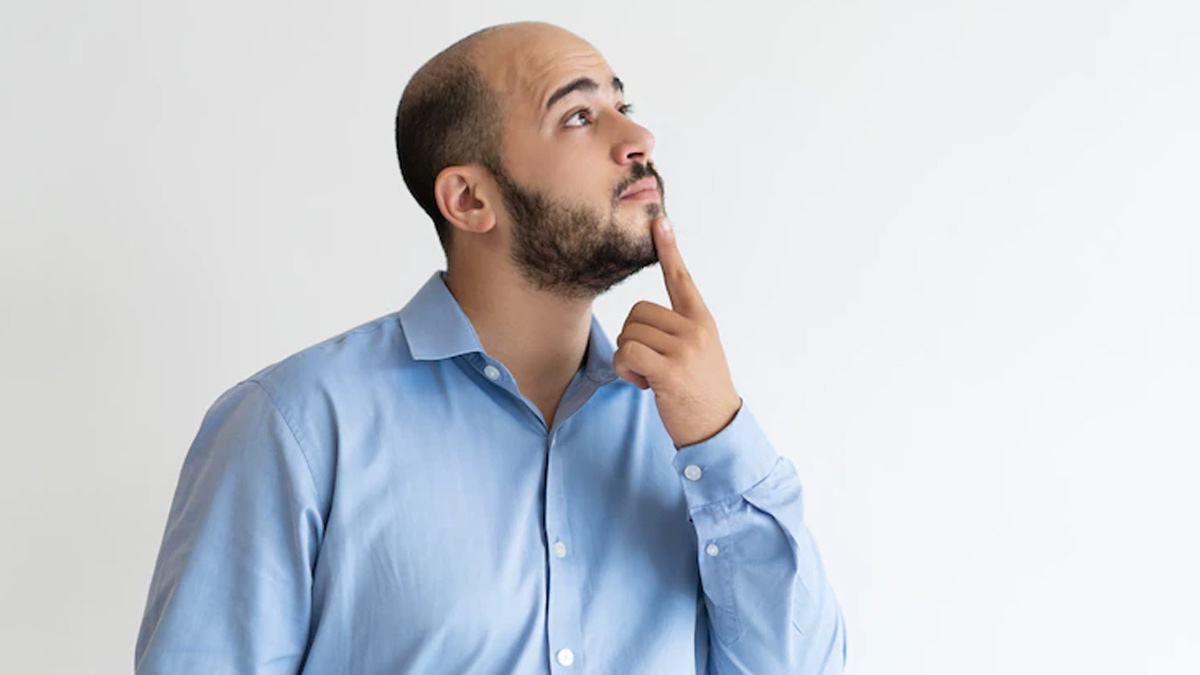
Hair loss, whether partial or complete, is a very prevalent clinical complaint in India, affecting both men and women. Regardless of the reasons why you are exploring a hair transplant, it is extremely important to recognise if a particular time of the year has something to do with the results and the overall recovery process. We reached out to Dr. Varun Koul VP- Medical Directorate, Glamyo Health to find out if winter season is best for hair transplantation or not.
Hair transplant techniques have come a long way since the days of punch grafts, which resulted in an unnatural ‘doll hair’ appearance. Dermatologists can now transplant individual hair follicles from one region of the body to another while preserving their growth physiology and anatomy using cutting-edge technology. As each hair follicle is manually placed one at a time, this sustainable solution ensures that the transplanted hair follicles will survive and grow naturally. Consider treating yourself to a hair regrowth surgery if you desire a fuller head of locks by next summer, as it will improve the appearance, boost the confidence and enhance your natural features.
The Advantages of Hair Transplants in Winters
Seeking a hair transplant demands devotion and time investment. Any season that is not too hot is ideal for getting a hair transplant. The winter period, which is typically a holiday season, allows patients to rebound sneakily from their graft by staying at home during vacations or wearing a beanie when moving outdoors. The absence of sweat also prevents clogged pores from forming, making it suitable for hair growth. Additionally, without the summer heat, there is less risk of sunburn causing infection at the transplant spot, resulting in faster hair growth for the patient.
Also Read: Pros and Cons of Hair Transplantation

Why transplant during summers can be tricky
Based on research on the seasonality of hair loss, humans generally lose about 6% more hair in the warmer months. However, when considering a hair transplant, the summertime presents unique challenges in itself. Sweat, as previously stated, is an important consideration since we perspire more in warm temperatures. If you are helpless to take a respite from your everyday routines during your post-operative rehab process, the summer may then be challenging. However, if you have time to settle for the next several days after your hair transplant, you should be fine. Summer’s impact on your hair can be reduced by keeping your scalp cool and consuming enough fluids.
Also Read: Expert Busts 6 Common Myths About Hair Transplantation
Hair Transplant Post-Operative Instructions
Hair transplant surgery is an intricate procedure whose optimal outcome is dependent not only on an ideal temperature but also on the patient’s adherence to the following post-operative guidelines:

- It is advised to take the antibiotics exactly as directed by the surgeon. This is to keep you from getting a skin infection.
- For the first 5 days after surgery, wear a button-down or zip-up shirt. Wearing a shirt that you have to pull down over your head may break loose the new grafts.
- To prevent and reduce post-operative swelling, it is critical to sleep in a semi-sitting position.
- Avoid using the showerhead after your procedure. Direct pressure is currently too strong for your grafts. Use a plastic cup or bowl instead.
- After surgery, it is essential to wash your hair on a regular basis. One would presume that this would disturb the grafts, but if done correctly, with a washcloth or fingertips (not fingernails), the risk of unseating the grafts is low.
Schedule an appointment with your surgeon after 14 days to confirm that the outcome is ideal.
Image credits- freepik







